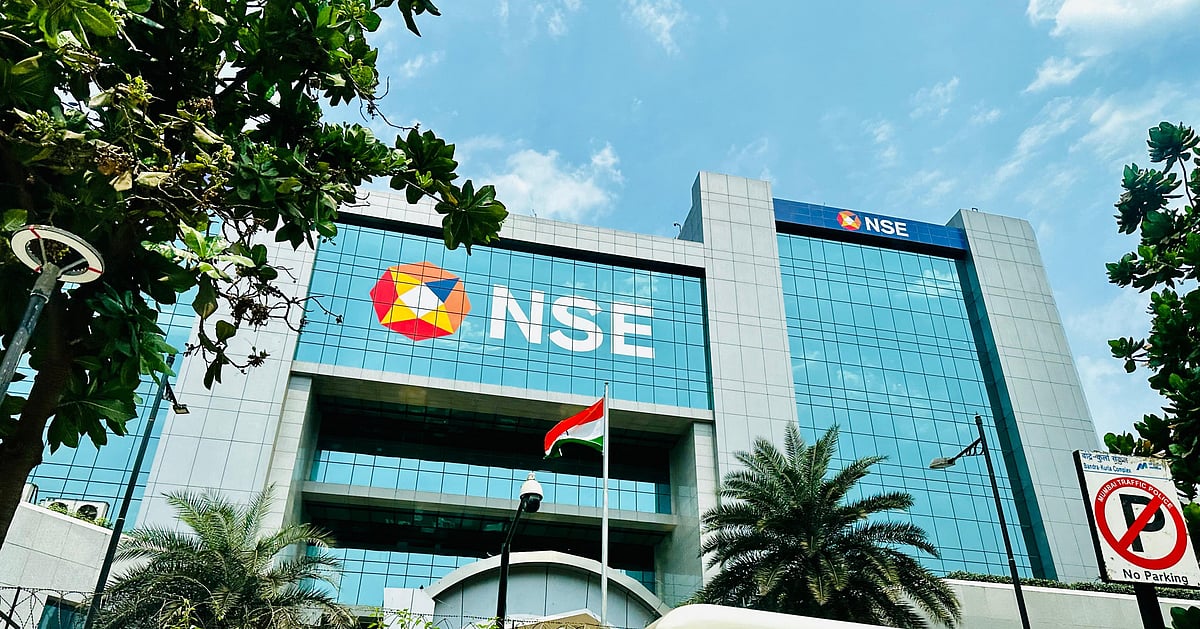On Monday, Indian stock markets experienced a significant downturn, with the Nifty 50 index plunging 5.07% to settle at 21,743.65, while the Sensex fell 3,939.68 points, reaching 71,425.01. Despite this steep decline, India emerged as the second-best performing market in Asia, showcasing a surprising level of resilience amid global market turmoil driven by escalating trade tensions.
Market Turmoil Amid Global Concerns
This sharp sell-off was triggered by renewed fears following U.S. President Donald Trump’s tariff announcement, which led to retaliatory measures from China. The uncertainty surrounding these trade dynamics has rattled investor confidence, resulting in heightened volatility across global markets. The India VIX, a measure of market volatility, surged to 57.40%, indicating increased anxiety among investors.
- Nifty 50: Down 5.07%
- Sensex: Dropped 3,939.68 points
- India VIX: Rose to 57.40%
Asia-Pacific Markets in Freefall
As the Asia-Pacific region reacted to these developments, markets suffered their most significant declines since the 2008 financial crisis. The MSCI Asia Pacific Index fell by 7.9%, marking its worst drop since October 2008. Notably, Hong Kong’s Hang Seng index plummeted nearly 13%, firmly entering bear market territory, having lost over 20% from its peak in March.
- Japan’s Nikkei 225: Fell 8.84%
- Topix Index: Dropped 9.62%
- South Korea’s KOSPI: Down 5.59%
- Taiwan’s Taiex: Nosedived 10%
A Relative Standout: Indian Markets
In stark contrast to its regional counterparts, India’s stock indices showed a degree of strength. In the previous week, the Nifty only dropped 1.69%, and the Sensex fell by 1.38%, significantly less than other Asian markets. This relative stability is noteworthy, especially following a turbulent Friday on Wall Street, where U.S. indices faced one of their worst days in history:
- Dow Jones Industrial Average: Down 5.5%
- S&P 500: Fell 5.97%
- Nasdaq Composite: Declined 5.73%
Global Economic Concerns on the Rise
Investors are increasingly anxious that the escalating trade war could potentially lead to a global recession. Since the announcement of tariffs on April 2, the Hang Seng has dropped 11.6%, while the Nikkei 225 and CSI 300 have followed suit, losing 11.3% and 7.8%, respectively. Meanwhile, India’s Nifty 50 has only declined by 1.8%, highlighting its relative strength in a challenging environment.
European Markets Also Feel the Impact
European exchanges were not immune to the turmoil. The UK’s FTSE 100 fell 6.4%, Germany’s DAX dropped 7.8%, and France’s CAC 40 slid by 7.4%. The Euro Stoxx 50, which tracks major companies in the eurozone, experienced a decline of 8%.
Conclusion: A Tough Day for Investors
Despite the heavy losses incurred on Monday, India’s comparatively modest decline reinforces its position as one of the more resilient markets in Asia during a period of heightened fear and uncertainty. Investors will be keeping a close watch on future developments, as the landscape continues to evolve amidst ongoing trade tensions and market volatility.
For further insights on market trends and analysis, check out our Investment Strategies and Market Insights.











